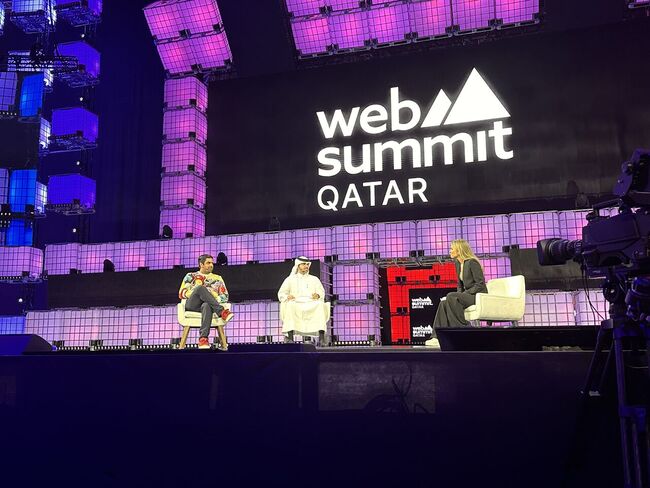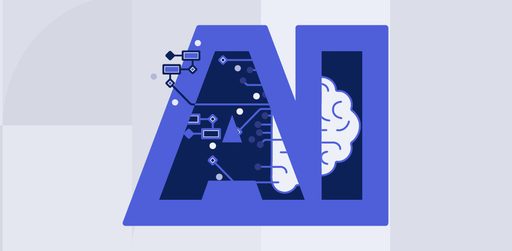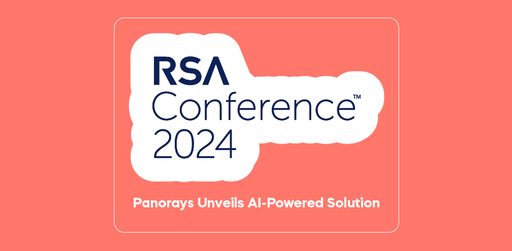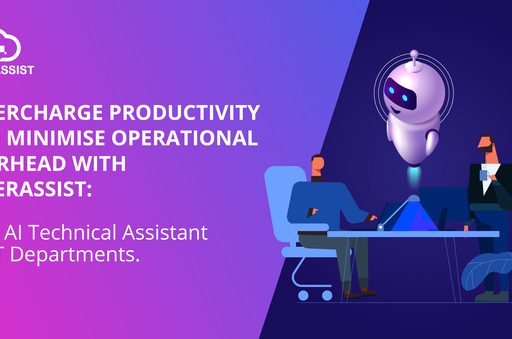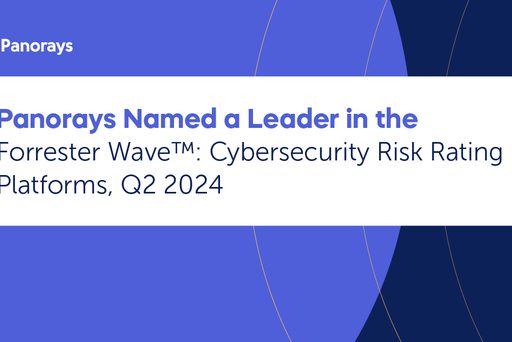The Web Summit Qatar’s ‘The AI Moment’ session, moderated by Julia Sieger from FRANCE 24, provided a compelling exploration of the AI revolution’s vast implications. Distinguished panelists Mohamed Al-Hardan of the Qatar Investment Authority and Sachin Dev Duggal from Builder.ai shared their profound insights.
Sachin Dev Duggal, based on his extensive experience with Builder.ai, discussed the evolution of AI, highlighting critical developments like Google’s introduction of the BERT model a decade ago. He emphasised that 2022 marked a pivotal transition, characterised by both technological breakthroughs and significant design enhancements that made AI more accessible and user-friendly.
Mohamed Al-Hardan, reflecting on the Qatar Investment Authority’s lead in Builder.ai’s Series D funding, articulated the strategic rationale behind their investment. He commended Builder.ai for its innovative reduction of the development timeline and its proactive engagement with AI, while also stressing the importance of rigorous due diligence for AI’s successful implementation. Al-Hardan praised the initiative of AI startups to proactively tackle the challenges posed by AI and their dedication to remaining at the forefront of technological innovation.
The panel then addressed the implications of AI for the job market, with Duggal and Al-Hardan providing insights beyond the common narrative of technological unemployment. Sachin Duggal envisaged a future where individuals are valued for their creative contributions, suggesting a transformation in the conventional understanding of employment. Al-Hardan reiterated this perspective, highlighting the necessity of continual adaptation in an AI-integrated future.
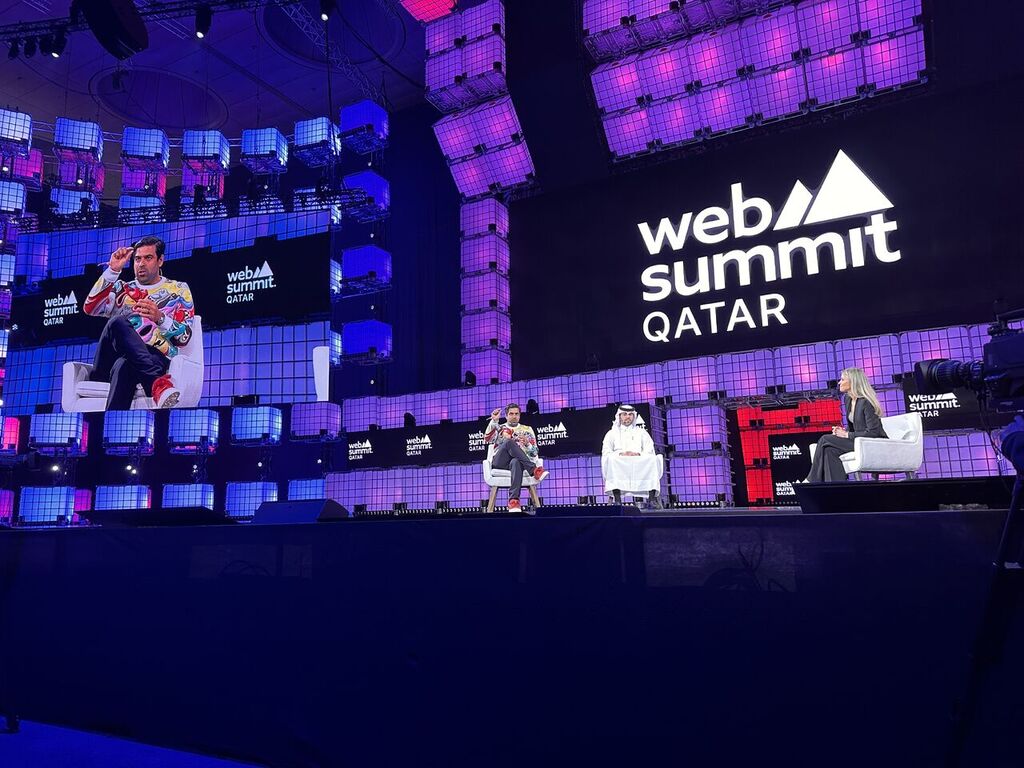
On the subject of AI governance, the discussion delved into the ethical and regulatory challenges accompanying AI’s rapid advancement. Al-Hardan expressed concerns about the potential for over-regulation to hinder innovation, advocating for collaborative efforts between regulators and technologists to bridge the knowledge gap between these essential groups.
The session concluded with a shared emphasis on the need for educational reforms to prepare future generations for an AI-dominated landscape. Sachin Dev Duggal highlighted the importance of embedding human-centric skills such as creativity and adaptability in educational programs, ensuring their relevance in various contexts.
The insights from Sachin and Al-Hardan provided an in-depth look at the human, ethical, and responsibility dimensions in the age of AI, emphasising the critical importance of maintaining a human-centric focus in AI innovation.


